Top 100 Children’s Novels #38: Frindle by Andrew Clements
 #38 Frindle by Andrew Clements (1996)
#38 Frindle by Andrew Clements (1996)
51 points
This book touches me as a teacher, and I can relate to it from the perspective of the students. I can’t read this to my students without choking up over the letter from the teacher. – Dee Sypherd
If you’re a children’s librarian then you are probably well and truly familiar with the gaps that consistently appear in the Andrew Clements portion of your fiction shelves. Talk about a guy who has made his name memorable to kids. If they’re not devouring School Story then they’re giggling over No Talking or A Week in the Woods. And it all started with Frindle. A little book. A little idea. A title that never received an ALA Awards and yet is one of the most memorable titles to be released in the last 15 years.
ADVERTISEMENT
ADVERTISEMENT
The plot from the publisher reads, “Is Nick Allen a troublemaker? He really just likes to liven things up at school — and he’s always had plenty of great ideas. When Nick learns some interesting information about how words are created, suddenly he’s got the inspiration for his best plan ever – the frindle. Who says a pen has to be called a pen? Why not call it a frindle? Things begin innocently enough as Nick gets his friends to use the new word. Then other people in town start saying frindle. Soon the school is in an uproar, and Nick has become a local hero. His teacher wants Nick to put an end to all this nonsense, but the funny thing is frindle doesn’t belong to Nick anymore. The new word is spreading across the country, and there’s nothing Nick can do to stop it.”
Where did he get the idea for the book? Well, according to Clements’ website, the idea of creating a word like “frindle” was all part of a talk he’d give when he visited schools. “I was teaching a little about the way words work, and about what words really are. I was trying to explain to them how words only mean what we decide they mean. They didn’t believe me when I pointed to a fat dictionary and told them that ordinary people like them and like me had made up all the words in that book—and that new words get made up all the time.” When a kid challenged him he had a ready answer. Says Clements, “The kids loved that idea, and for a couple of years I told that same story every time I went to visit and talk at a school or a library. Then one day as I was sitting at home, sifting through my life, looking for a story idea, I wondered, ‘What would happen if a kid started using a new word, and other kids really liked it, but his English teacher didn’t?’ So the idea for the book was born…”
A lot of the charm of this and other Andrew Clements books is entirely in the characters. As Lisa Von Drasek said of it in the New York Times, “His teachers aren’t ”Charlie Brown”-type monoliths. They’re individuals with their own quirks and anxieties, and they don’t always agree. Clements matter-of-factly demonstrates that teachers can be petty and single-minded; a principal can apologize to a student for overreacting. His kids are cruel, kind, bullying, angry, joyful, delightful, tall, short, impulsive, thoughtful, smart, funny. He captures a broad spectrum of human behavior; the gossipy mean girl can also be surprisingly generous.”
- This is a lot of fun. If you’re a teacher (or a parent or a librarian, for that matter) why not play a little Frindle Jeopardy with your kids?
- Here are the Frindle Discussion Guide, Extension Activity, and Lesson Plan for teachers.
- And here’s the Reading Group Guide.
- Meta. The Urban Dictionary recognizes frindle as a word.
Publishers Weekly gave it a tepid, “Dictionary lovers will cotton to this mild classroom fantasy.”
School Library Journal was far more positive with, “Readers will chuckle from beginning to end as they recognize themselves and their classrooms in the cast of characters. A remarkable teacher’s belief in the power of words shines through the entire story, as does a young man’s tenacity in proving his point. Outstanding and witty.”
Kirkus agreed, saying, “If there’s any justice in the world, Clements (Temple Cat, 1995, etc.) may have something of a classic on his hands. By turns amusing and adroit, this first novel is also utterly satisfying.”
Said Lisa Von Drasek in The New York Times, “Frindle hits every note right.”
This particular image was created by Justin Ziegler for a children’s production of the play Frindle, performed at Chicago’s Griffin Theatre Company.
Artist Penelope Dullaghan offered this as a pitch piece for a new Frindle cover:
The Andrew Clements website has quite a few cool covers of his books from around the world too.
The UK
Germany
Portugal
Hungary
Italy
Japan
Poland
And, my personal favorite, Korea:
Filed under: Best Books, Top 100 Children's Novels (2012)
About Betsy Bird
Betsy Bird is currently the Collection Development Manager of the Evanston Public Library system and a former Materials Specialist for New York Public Library. She has served on Newbery, written for Horn Book, and has done other lovely little things that she'd love to tell you about but that she's sure you'd find more interesting to hear of in person. Her opinions are her own and do not reflect those of EPL, SLJ, or any of the other acronyms you might be able to name. Follow her on Twitter: @fuseeight.
ADVERTISEMENT
ADVERTISEMENT
SLJ Blog Network
2024 Books from Pura Belpré Winners
Winnie-The-Pooh | Review
Parsing Religion in Public Schools
Finding My Own Team Canteen, a cover reveal and guest post by Amalie Jahn
ADVERTISEMENT



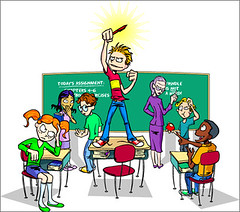
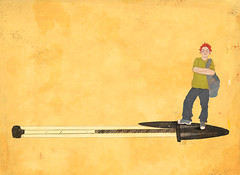
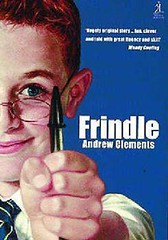

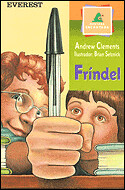




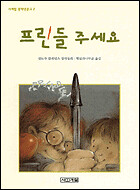
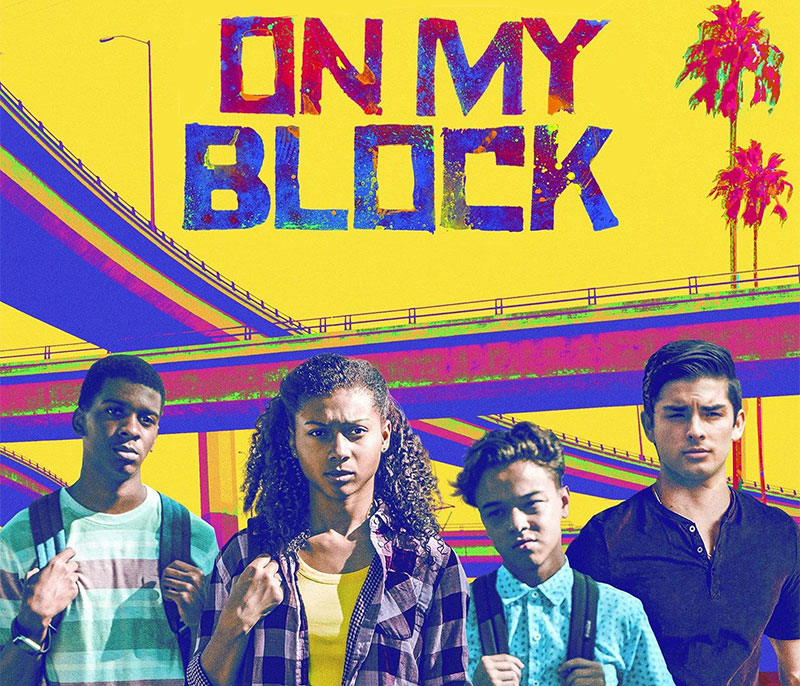
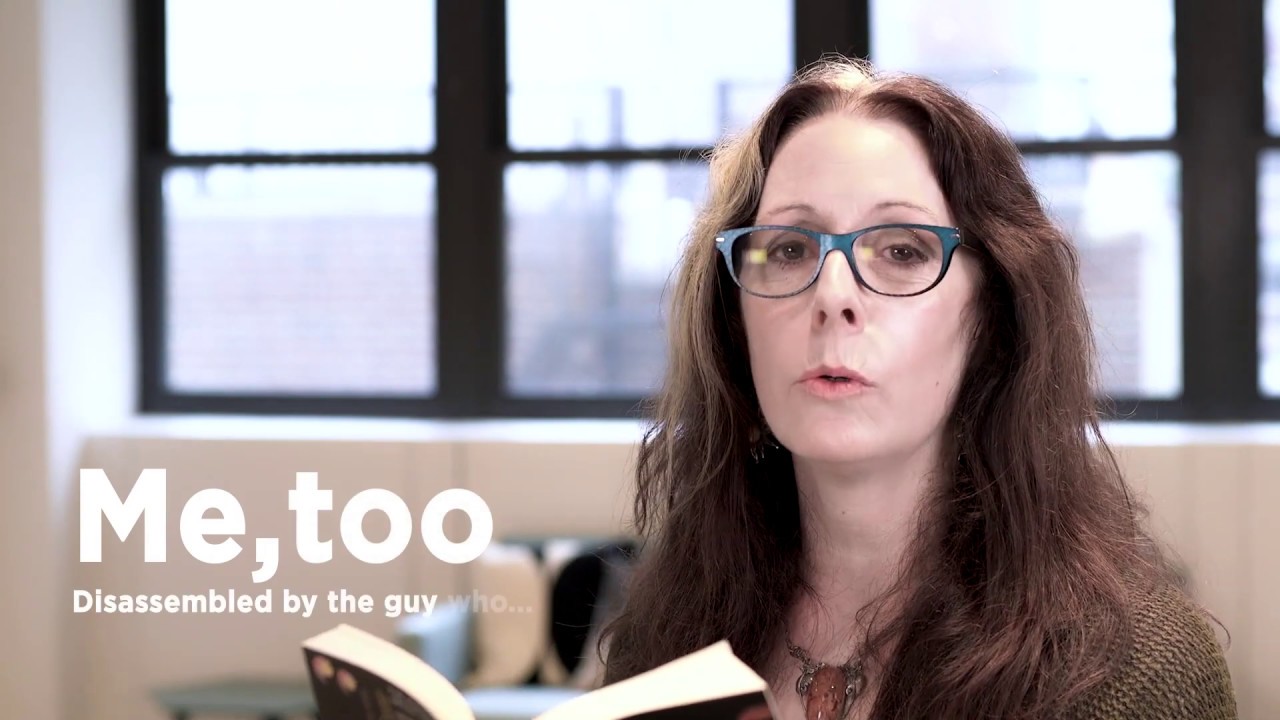
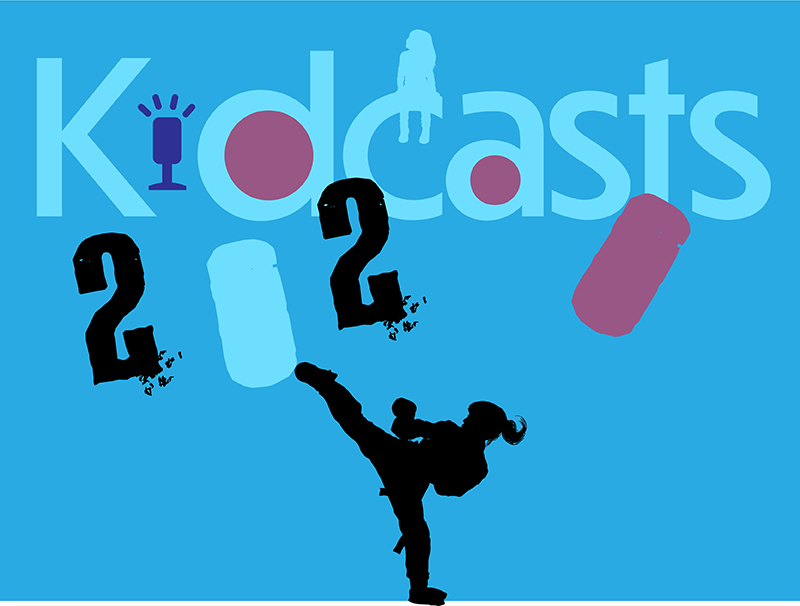
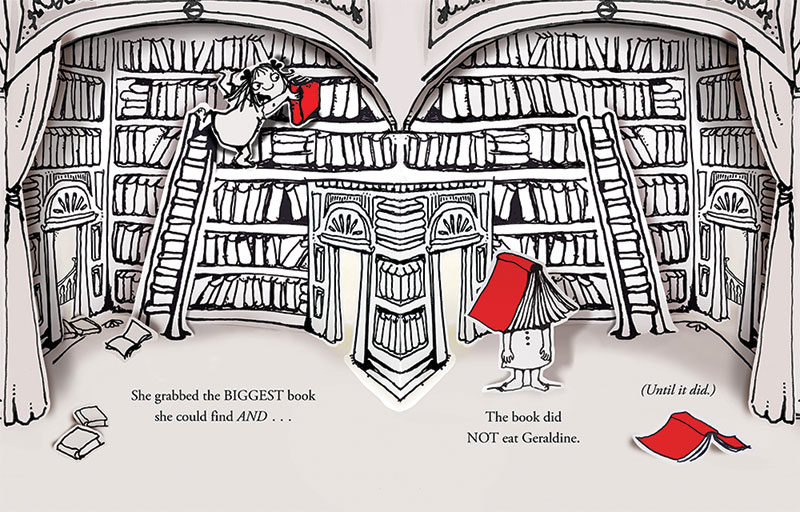
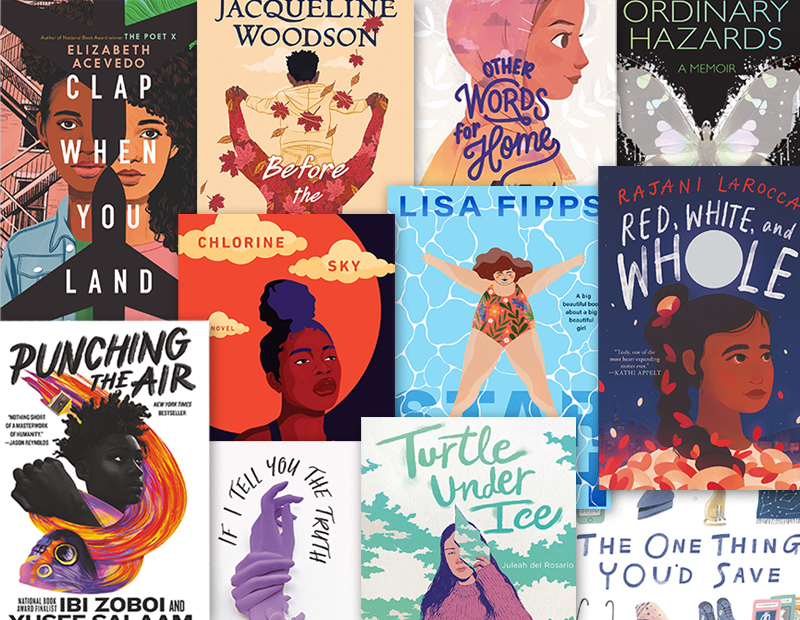
Really makes you wonder how and why they chose “Drilla” for Italian! Does “Frindle” sound like a current Italian word? Or not like an Italian word at all?